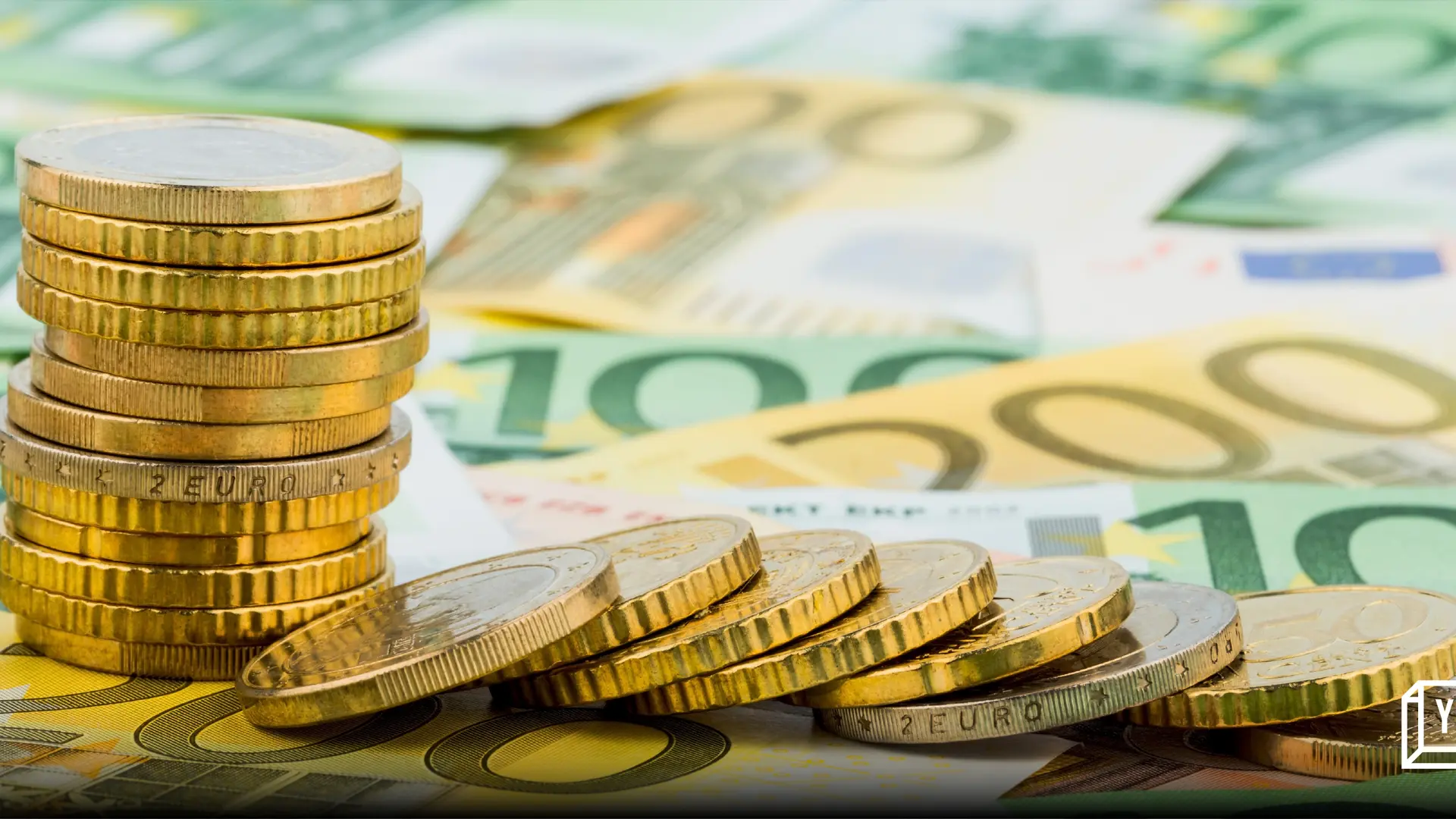100Unicorns launches $200M Fund II to support 200 startups
The average cheque size of the accelerator fund will ranges from $300,000 to $1 million in the first round, followed by $500,000 to $2 million in subsequent rounds with co-investors.
, an early-stage accelerator fund, has launched its second fund, 100Unicorns Fund II, with a target size of $200 million and a $100 million green-shoe option.
The fund, which follows the rebranding of 9Unicorns as 100Unicorns, aims to support about 200 Indian startups.
The average cheque size of the accelerator fund will range from $300,000 to $1 million in the first round, followed by $500,000 to $2 million in subsequent rounds with co-investors.
“Rebranding to 100Unicorns is the next step in our evolution process. We have seen significant growth in the Indian startup ecosystem and massive funding inflow in the past couple of years," said Dr Apoorva Ranjan Sharma, Managing Director of Venture Catalysts Group and Co-founder of 100Unicorns.
"Today, Indians are targeting moonshot ideas in emerging sectors like spacetech, biotech, electric vehicles and cleantech. On the back of these developments, we are excited about this next step of launching a $200 fund that aligns us with the needs of the Indian startup ecosystem,” he added.
About 85% of Fund II will be deployed in India and the rest 15% will be disbursed across the US, the Middle East, Africa, and Asia.
While the fund is sector agnostic, it will focus primarily on nine sectors such as SaaS, fintech, agritech, defence, travel and hospitality, D2C, EV, and energy.
100Unicorns has reviewed over 14,000 startups and invested in 140+ deals through its first fund including , , , , and IGP—all of which have become industry leaders.
Currently, in its portfolio, 12% of startups are deeptech, 22% of the companies are led by women, and 20% of the startups are established in smaller towns.
Edited by Affirunisa Kankudti








